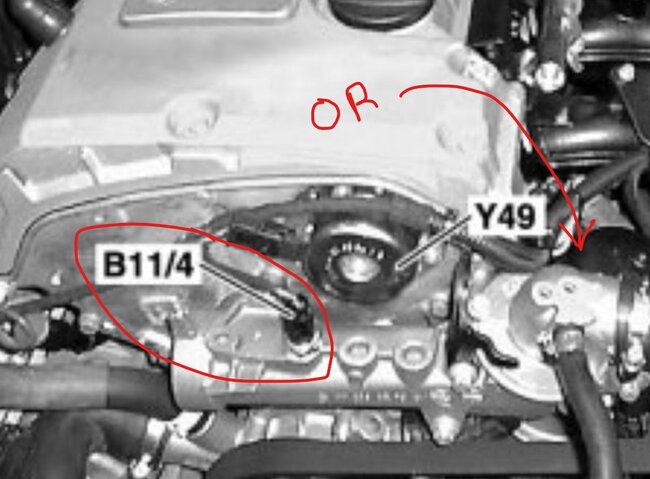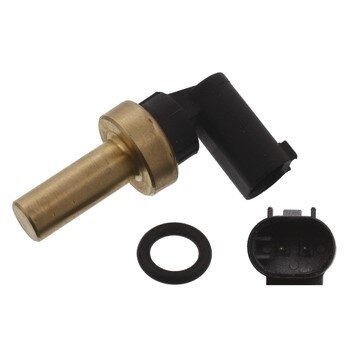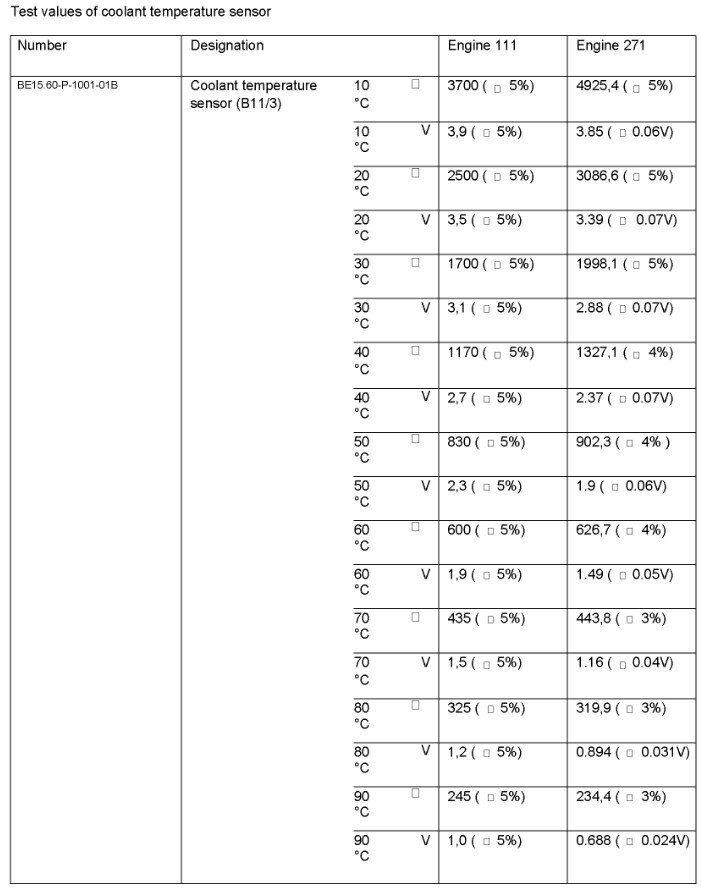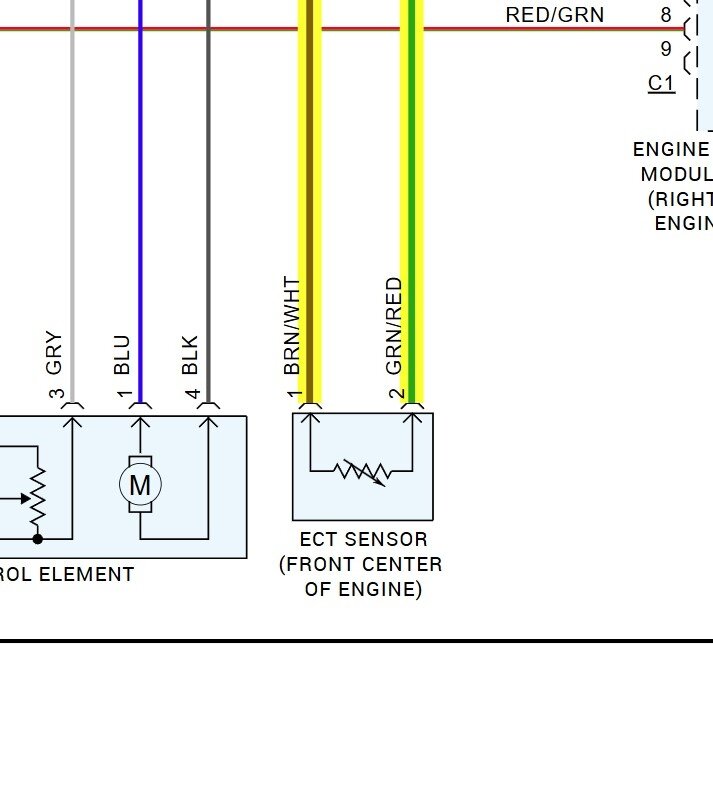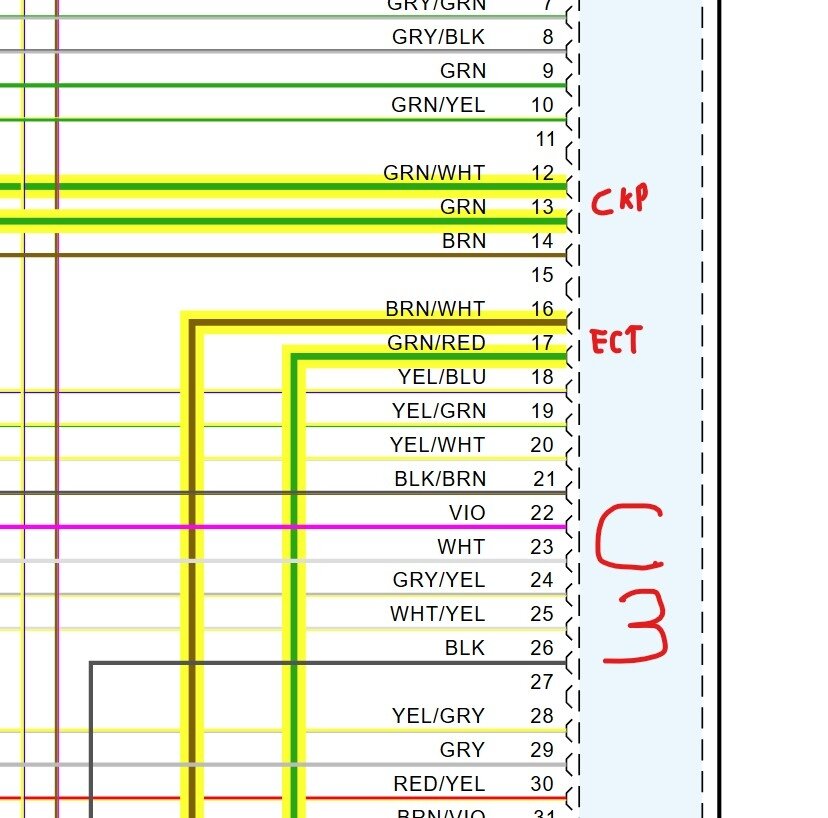Okay, those codes only share the ECM as the connection, however because both codes come back that fast, I would say there is a wiring issue. P0128 is normally set when the ECM sees coolant temperature is taking longer than it should to warm up from a given base temperature given the engine load and run time. So, say the ambient temperature is 80 degrees, the coolant temperature is the same because the car has been sitting overnight. The ECM uses a table to look up how long it should take for the coolant to reach operating temperature. Let's say it should take 3 minutes from start up. You start the engine, and it takes 7 minutes and still hasn't reached full temperature. It will set the 128 code. Commonly this would be a stuck open thermostat, easy to test with a scan tool. Look at the live data when the code was stored, it shows ambient at 80, engine run time of say 4 minutes and ECT of 184 degrees. Now you start the cold engine and use a thermal imager or IR thermometer to watch the temperatures in the radiator and around the thermostat. If the thermostat is stuck partly open you will see the lines and radiator all warming up at the same time. What you should see would be the heat building in the thermostat housing but no change in the lines until it gets up to opening temperature and then it dump the heated coolant as it opens.
In your case I would look at the live data from the coolant temp sensor and see what it shows. An open sensor or broken wire will commonly read -40 or similar all the time, a shorted one will read 300 degrees or so and in neither case will they change as the engine warms up. Both options would set that code instantly because the ECM compares the signal to a known values table on start up. To test if it is the sensor, the easy way is to use a meter to measure the resistance in the sensor as it warms up. It is a 2 wire sensor located in one of two locations as shown (depends on build date). The table shows the voltage the resistor should be at a given temperature and the voltage the ECM should see on the sensor return. In the connecting plug, with the key on you should have 5 volts on one terminal and the other will be the return signal. If you find no 5 volts then you would go to the ECM and check there, if you have voltage there then it's a bad wire. With the return side you can test the same way, go to the ECM and probe the signal return and short the sires on the sensor end. Do you get 5 volts on the return? Yes, that wire is okay as well. No that wire is the problem. Sensor tests OK, wires check OK but no 5 volts? Then it might be the ECM.
The other code P0335 is the crankshaft position sensor. If it is shorted or disconnected it will set that code on initial start as it uses that for engine timing. Testing it is similar to testing the ECT, you would go to the sensor and check it has continuity on it's 2 pins and the resistance. Then go to the ECM and check there as well for that same number. Both sensors are in the same connector (C3) on the ECM and it's possible there is damage in the harness down over the engine that is shorting them together or has rubbed them enough they have open wires.
Images (Click to make bigger)
Wednesday, July 2nd, 2025 AT 7:39 PM
